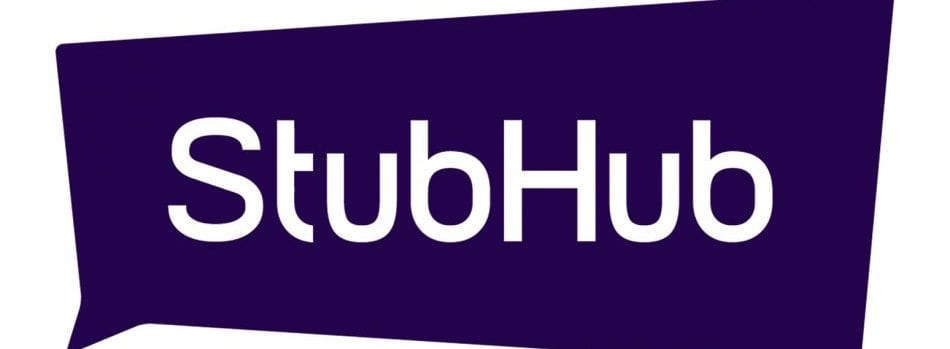StubHub has announced a change to its policies in the wake of the rash of postponements and cancellations due to the Covid-19 pandemic, informing customers that cancelled events are now eligible to receive a voucher rather than a refund, according to a post on its website. Previously, customers holding tickets to cancelled events were eligible for a refund, but now the lone recourse is an automatic credit, good for 120% of the original price paid.
“StubHub has been actively monitoring the evolving situation related to the novel coronavirus (COVID-19). Our policies are designed to accommodate the needs of our buyers and sellers, and we’ll continue to review them as the situation progresses,” reads an update dated March 25th. “We are providing customers of canceled events a coupon valued at 120% of their original order. The coupon will be available in a customer’s account immediately after Stubhub’s announcement of the cancellation. Customers can apply this coupon to one or multiple StubHub orders in the same currency within the next 12 months.”
Many ticket resale companies are offering customers the choice of a voucher good for more than the value of their original purchase rather than a refund in the industry struggles with the fallout from the widespread cancellations that the pandemic has caused. But StubHub is the first to pivot from offering refunds entirely.
The reaction has been generally negative. Sports business reporter Darren Rovell referred to the policy as “not only absurd (fans deserve their $ back), [but that] it’s unethical and likely illegal.” in a tweet.

Beyond Rovell’s tweet and reactions from industry insiders on social media, there has not yet been widespread coverage of this policy shift from the market leader in resale. But that will undoubtedly change as time goes on, particularly if the large number of currently postponed events starts to shift to cancellations if this pause drags on.
The ticket exchange, sold by eBay to Viagogo for approximately $4 billion in a transaction that just closed in February, is based in California, which was the first state to issue a statewide ‘stay-at-home’ order in response to the spread of COVID-19. It reportedly laid off some 67% of of its workforce in its efforts to weather the storm just last week.




